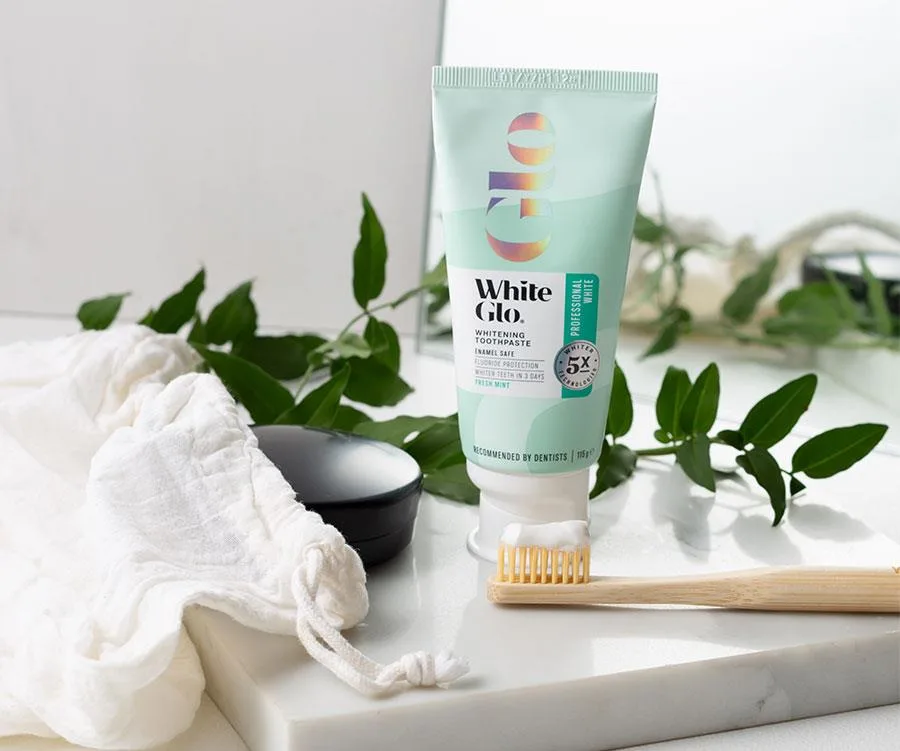Did you know that dental decay and gum disease are the most common health conditions in Australia?
“Dentists believe that consumption of soft and sports drinks, is contributing to a marked decline in the dental health of Australians,” says Dr Derek Lewis, Chairman of the ADA’s Oral Health Committee.
“People need to be aware of activities that can put their oral health at risk. Oral piercings and behaviours that contribute to dental erosion are particularly prevalent in this group.”
Threats to our oral health
Oral piercings
In the best case scenario, soreness and swelling will be the only symptoms experienced following the piercing procedure. However damaged gums and chipped and cracked teeth is a common outcome. Excessive bleeding and infection can also occur.
Dental erosion
Dental erosion is the loss of tooth structure due to exposure to acids. This occurs when teeth are exposed to acids such as those found in some beverages, as well as in vomit after binge drinking or eating disorders and through some illegal drugs. While most people are aware that high sugar soft drinks contribute to tooth decay, what is not so well known is that acidic drinks (fruit juices, sports, soft and caffeinated drinks) can play a major role in the development of tooth erosion.

Here are some expert tips to maintain good oral health:
Maintain good oral hygiene. Brush, floss and rinse your mouth with a fluoridated mouth rinse. Flossing teeth has been shown to help protect against periodontal or gum disease. When it comes to toothpaste, White Glo Professional White is a top pick. This popular whitening toothpaste has been proven to deliver results in three days, and provides fluoride protection and is enamel safe.
Chew sugar free gum after eating sugary sweets. This stimulates saliva flow and again protects the teeth from decay.
Follow a diet high in fruit and vegetables and ensure dairy products are consumed as they contain calcium, which is essential for healthy teeth.
Where possible, minimise consumption of sugary, high acid soft and sports drinks and fruit juices.
If these beverages are consumed, follow with a glass of water, preferably fluoridated tap water.
Visit your dentist regularly, rather than waiting for a problem to occur.
For more information and fact sheets you can download, visit the ADA’s website: www.ada.org.au or phone them on: (02) 8815 3333.










